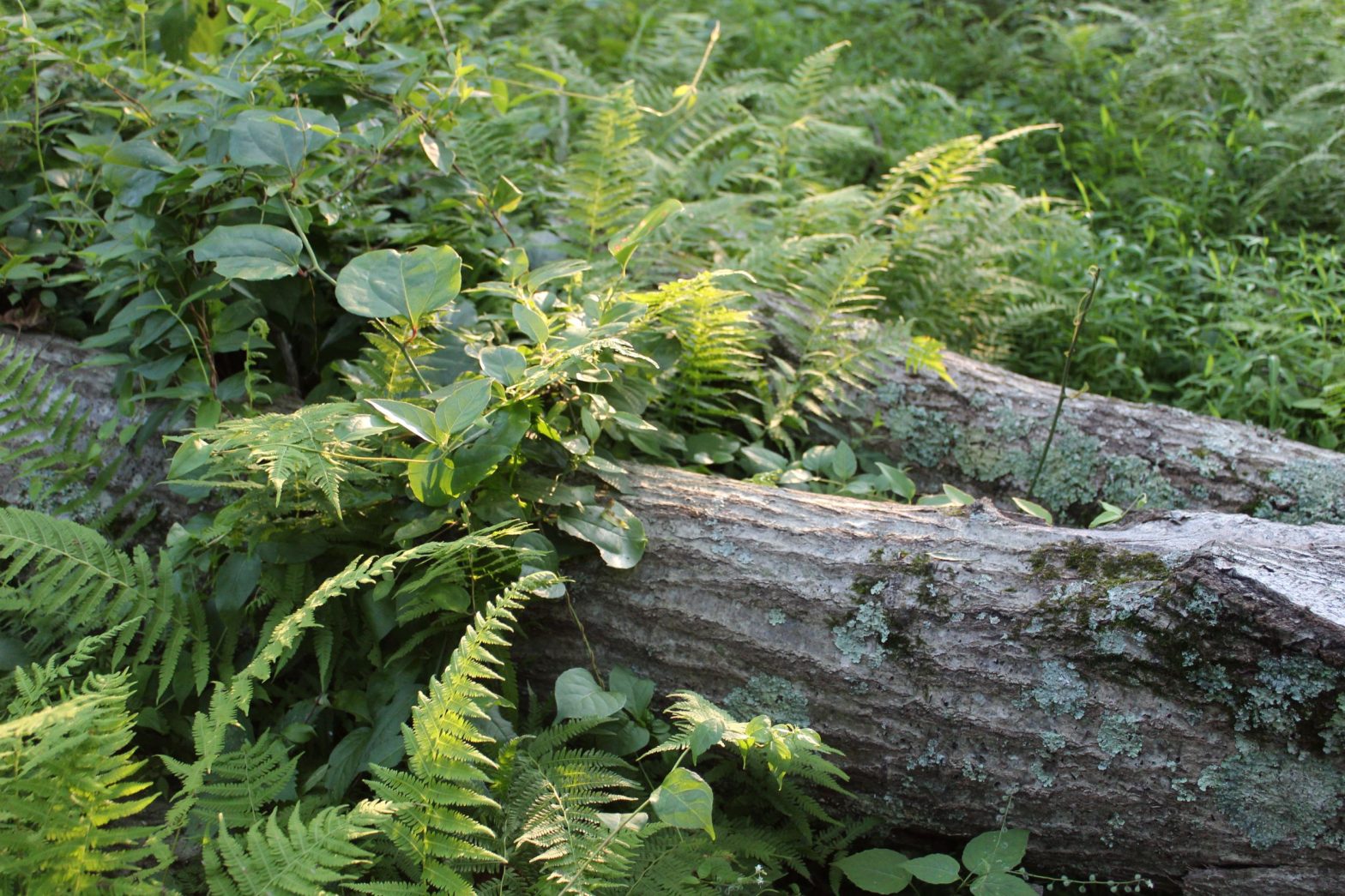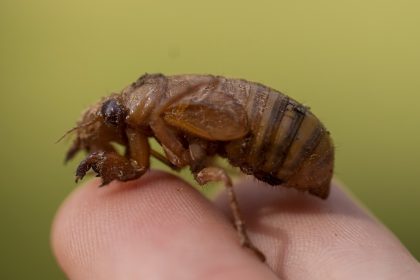Proposed Native Plant Pilot Program on National Land Not as Slight as It May Seem

WASHINGTON — What may seem like a minor initiative was passed out of the Senate Energy and Natural Resources Committee last week, but a proposed bill to create a pilot program promoting the use of native plants at the National Park Service and the Bureau of Land Management actually could have major consequences for biodiversity, habitat building and even future human survival.
“It’s too bad we have to legislate it, it should be our single knee-jerk reaction,” Douglas Tallamy, entomologist, ecologist, conservationist, and author of multiple books on the unbreakable link between native plant species and native wildlife told The Well News about the Native Plant Species Pilot Program Act.
Tallamy, a professor in the Department of Entomology and Wildlife Ecology at the University of Delaware, is one of the nation’s foremost experts in understanding the key relationship between native plants and their place in essential ecosystems with creatures — including humans — that depend on them.
“Plants capture energy from the sun and turn it into food,” Tallamy explained, adding, however, that “90% of the insects that eat plants can develop and reproduce only on the plants with which they share an evolutionary history,” or plants native to that insect.
So if something doesn’t eat that plant, Tallamy claims, it isn’t serving any purpose other than ornamentation.
“Non-native plants are very poor at passing on their energy,” Tallamy laments. And as a result, they are poor at maintaining critical ecosystems.
The proposed Native Plant Species Pilot Program Act introduced by Sens. Susan Collins, R-Maine, and Maria Cantwell, D-Wash., is an effort to preserve biodiversity and reap the numerous benefits local flora provide to wildlife, human health and the environment.
Not only would it direct the Park Service and the Bureau of Land Management to study the cost-effectiveness of using native plants within their respective units, but it supports the use of native plants in rebuilding after wildfire events.
“All invasive plants love disturbances,” Tallamy told The Well News, so wildfires provide a prime opportunity for non-native species to invade (or re-invade) quickly. So while after such events “[vegetation could] come back eventually on its own… we might as well help it along if we can.”
Rebuilding with native plants after wildfires is essential since, as Tallamy says, “there are real consequences to letting non-native plants take over.”
Non-native species, that may arrive from nearby decorative plantings, on the wind, or on the clothing and shoes of visitors, can reproduce quickly and often outcompete native plants for water, nutrients and space. These invasive weeds displace native plant communities, which are slower to regenerate after a disturbance. And they don’t merely do environmental harm, invasive plants can destroy entire ecosystems, which affects human health.
“Native plants are critical to healthy park ecosystems,” Eric Stiles, president of Friends of Acadia, a conservation organization in Maine, said.
“We’re excited to see the Native Plant Species Pilot Program Act progressing through the Senate… Investing in programs that use native plants is a valuable way to ensure that national parks and other public lands remain vital landscapes as the climate changes.”
Using native plants aids in earth sustainability goals with tangible advantages for humans now and in the future.
“Native plants… sequester carbon,” Tallamy reminds; they also require fewer pesticides and fertilizers and less water for maintenance.
“And [native plants] are best at producing caterpillars,” he said.
Those caterpillars are the foundation of a thriving ecological community that provides shelter and food for wildlife, and humans, in turn.
“Humans depend entirely on functioning ecosystems, not just in parks, but ecosystems everywhere,” Tallamy stressed. “They are the life support we all depend on.”
Companion legislation to the proposed Senate bill has been introduced in the House of Representatives by Matt Cartwright, D-Pa., Elise Stefanik, R-N.Y., Bennie Thompson, D-Miss., and Jackie Speier, D-Calif.
Kate can be reached at [email protected]

























